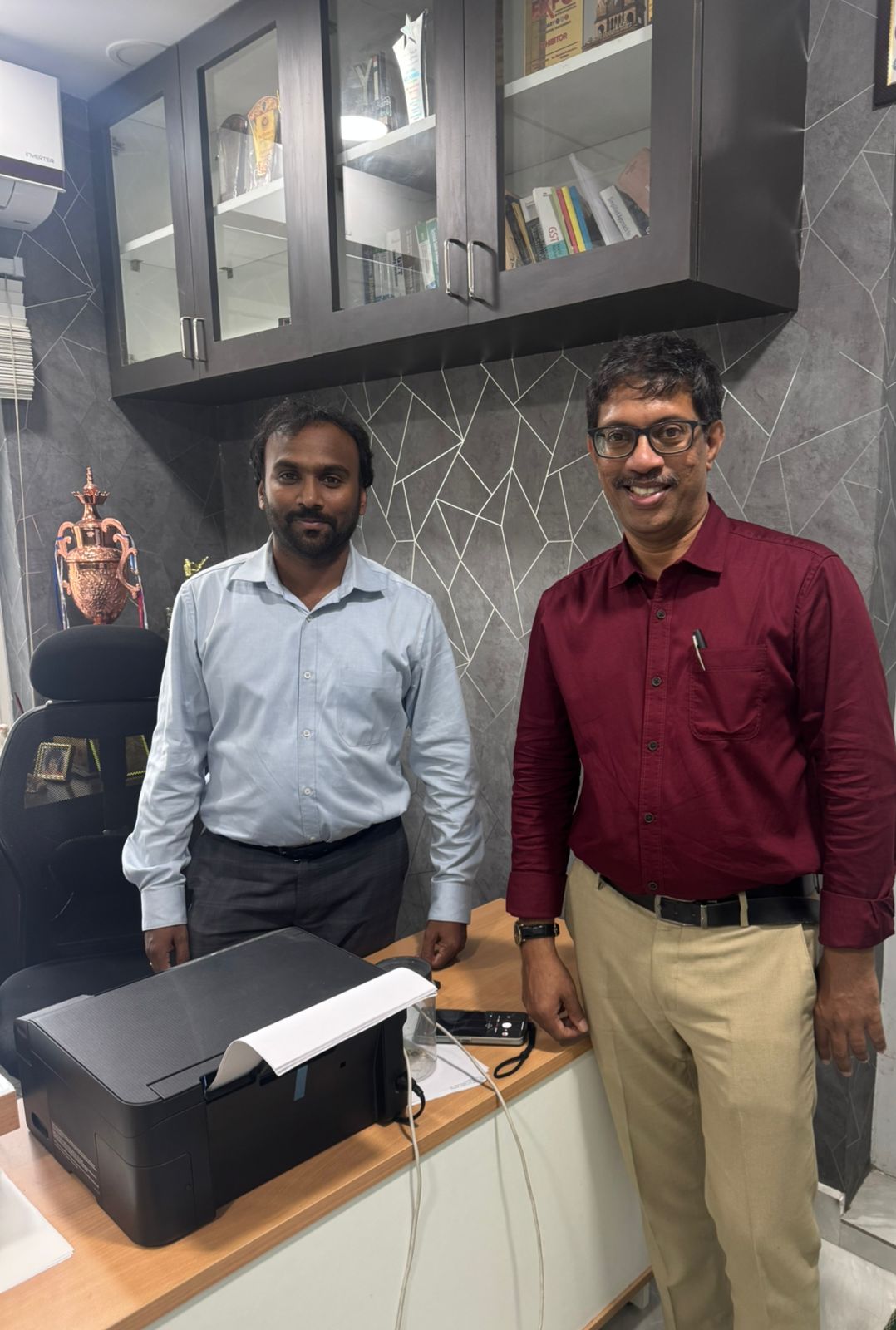Case: Tyger Capital (P.) Ltd. v. Assessment Unit, Income-tax Department
Court: High Court of Gujarat
Date: 29 July 2025
Citation: R/Special Civil Application No. 5879 of 2025
Introduction
The faceless assessment regime under Section 144B of the Income-tax Act, 1961, was introduced to enhance transparency, minimize personal interaction, and streamline tax administration. However, the shift to virtual procedures has not diluted the fundamental requirement of fairness. A recent decision of the Gujarat High Court reinforces this principle by quashing an assessment order where the assessee was denied a video conference hearing despite repeated requests.
Case Facts
The assessee, Tyger Capital (P.) Ltd., filed its return of income for A.Y. 2023–24.
The case was selected for scrutiny, and a show-cause notice (SCN) proposing additions was issued.
The assessee duly replied and specifically requested a personal hearing through video conferencing.
Only a short adjournment was granted, and despite repeated demands for a hearing, the request was ignored.
The Assessment Unit proceeded to pass an order under Section 143(3) read with Section 144B, making additions and raising a tax demand.
Court’s Decision
The Gujarat High Court held that:
Under the Standard Operating Procedure (SOP) framed for Section 144B, providing a video conference hearing when requested by the assessee is mandatory, not discretionary.
Denial of such a hearing violates the principles of natural justice, particularly the right to be heard.
Consequently, the assessment order and demand notice were quashed.
The matter was remanded back to the Assessing Officer for fresh adjudication after granting a proper hearing.
Key Takeaways
Mandatory Video Conference Hearing When an assessee requests a personal hearing through video conferencing, the department has no discretion—it must be provided.
Natural Justice in Faceless Regime
Even in a faceless assessment system, procedural fairness and the right to be heard remain paramount.
Relief through Writ Petitions
High Courts are willing to step in and quash assessment orders where there is non-compliance with statutory procedure or denial of fair hearing.
Practical Implication for Taxpayers
Always make a clear, documented request for hearing (through the portal or written reply).
Such records strengthen the case in the event of departmental denial.
Conclusion
The judgment in Tyger Capital (P.) Ltd. v. Assessment Unit reaffirms that efficiency cannot override fairness. The faceless regime is designed to bring transparency and accountability, but not at the cost of natural justice. Taxpayers and professionals must stay vigilant, assert their right to hearings, and challenge any assessment that overlooks these fundamental safeguards.


